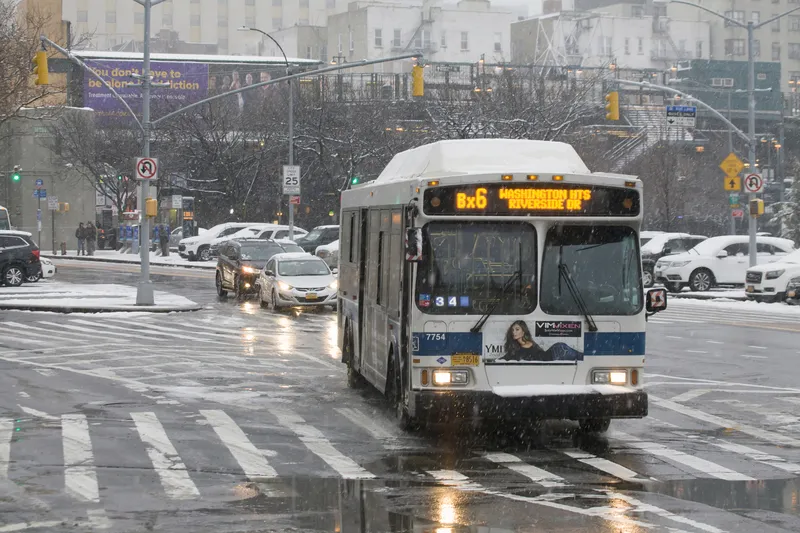A new analysis of Göteborg's congestion pricing program suggests that it has been effective in cutting traffic congestion and contributed to more commuters taking public transport.
The authors of the analysis, Maria Börjesson and Ida Kristoffersson, say that the examples of Göteborg and the Swedish capital Stockholm prove the advantages of road pricing for cities of varying size and density.
Although Göteborg is Sweden's second-largest city with over 500,000 inhabitants, the level of traffic congestion is much lower than in Stockholm. Göteborg also has a lower population density and wider job distribution, which contributes to this.
However, traffic levels declined by 12 per cent on average during weekday charging hours on all but two of the charging checkpoints. Morning commute travel times declined, especially on inner arterials, relative to pre-congestion levels, while traffic on ten key inner city streets fell by nine per cent during the charging hours on average and 11 per cent during the morning rush hour.
In addition, according to a survey of 3,000 Göteborg residents, the number of work journeys by car fell by nine per cent while work journeys by public transport jumped by 24 per cent.
The congestion charge in Göteborg has also become more popular with time. Public support for the measure in spring 2013 was 30 per cent, rising to 55 per cent in late 2014.
Göteborg congestion charge hailed a success
A new analysis of Göteborg's congestion pricing program suggests that it has been effective in cutting traffic congestion and contributed to more commuters taking public transport. The authors of the analysis, Maria Börjesson and Ida Kristoffersson, say that the examples of Göteborg and the Swedish capital Stockholm prove the advantages of road pricing for cities of varying size and density.
May 26, 2015
Read time: 2 mins









